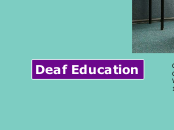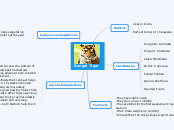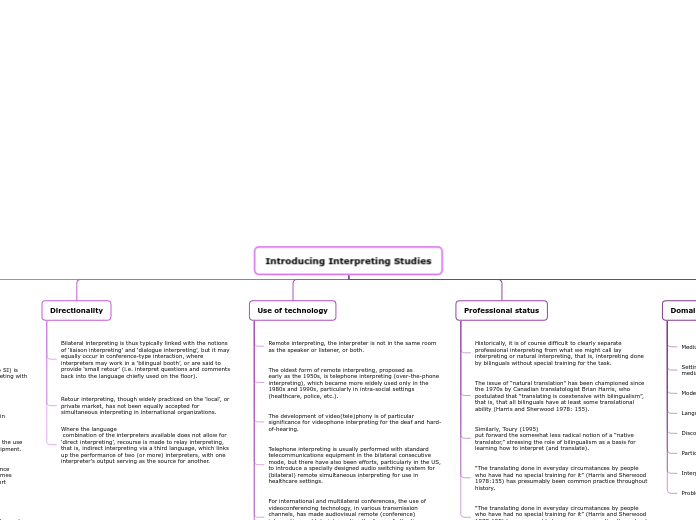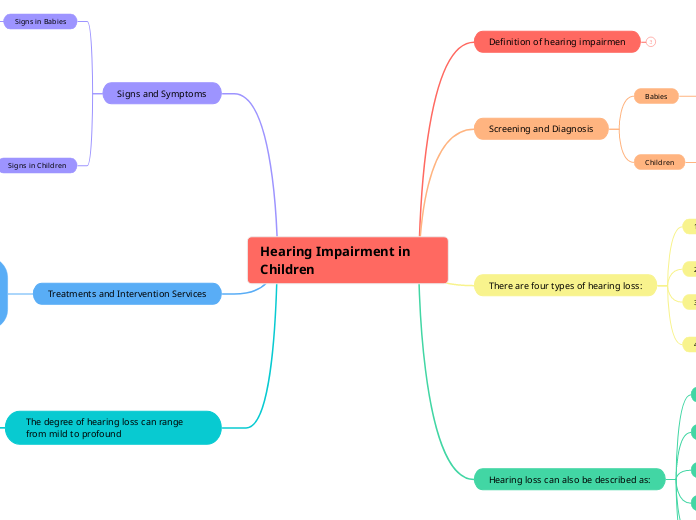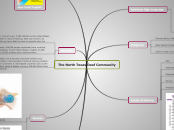Schooling Options
Residential
Schools
These schools are similar to Day Schools in that they are specifically designed for Deaf children. However, these are more like boarding schools and require the students to stay on campus during the weekdays. These schools are generally taught in a manual English method and require the students to know a signed language.
California School for the Deaf, Riverside: Cheer
Ogden, Paul W. The Silent Garden: Raising Your Deaf Child. Washington, D.C.: Gallaudet UP, 1996. Print.
Day
Schools
Day schools are schools specifically designed for Deaf children. These are set up in neighborhoods with a high percentage of Deaf children. The children go to these schools surrounded by their peers and use whichever communication method that is best for them.
Mainstream
Setting
A mainstream setting occurs when a deaf child is placed inside a general education classroom with their hearing peers. These children are on grade level and may receive additional pull-out services such as speech or hearing training.
Communication Methods
Oral Language
Methods
Deaf children use lip-
reading, residual hearing, and communication cues to learn to talk and listen. This method takes a lot of training and may not be possible for every child with a hearing loss. All methods depend on the child and their personal success with each.
Auditory training done on a vibrating board.
Harrison, Judy, and Gayla Hutsell. "Auditory/Oral Education." Hands & Voices. Hands & Voices, 2014. Web. ;.
Manual Language
Methods
Sign Language: a visual
language that uses hand
signs, gestures, and facial expressions to convey meaning.
Cued Speech: gestures
made around the mouth
that emphasize certain
sounds in voiced languages.
Total communication: use of both oral and manual language methods.
Cued Speech Symbols
American Sign Language Alphabet
Kelly, Arlene B., and Beth S. Benedict. "American Sign Language - ASL." Hands & Voices. Hands & Voices, 2014. Web. ;;.
"TOTAL COMMUNICATION." Hands & Voices. Ed. Sue Schwartz. Hands & Voices, 2014. Web. ;;.
Hearing
Equipment
Hearing Aids: amplify
sound and bring it to the inner ear.
Cochlear Implant: bypass the hair cells in the inner ear and bring electrical impulses to the VIII cranial nerve.
Cochlear Implant
Hearing Aid
"Cochlear Implants." HLAA Updates. Hearing Loss Association of America, 2014. Web.;.
"Hearing Aids." [NIDCD Health Information]. NIDCD, Sept. 2013. Web. ;.
Hearing Loss
Mixed
Hearing Loss
A hearing loss that is
a combination of a
conductive and sensorinueral hearing
loss. Could benefit from hearing equipment.
Sensorinueral
Hearing Loss
A hearing loss in the inner ear.
Could require surgery or hearing amplification.
Conductive
Hearing Loss
A hearing loss in the outer or middle ear.
May be fixed by medical or surgical means.
Deaf Education
